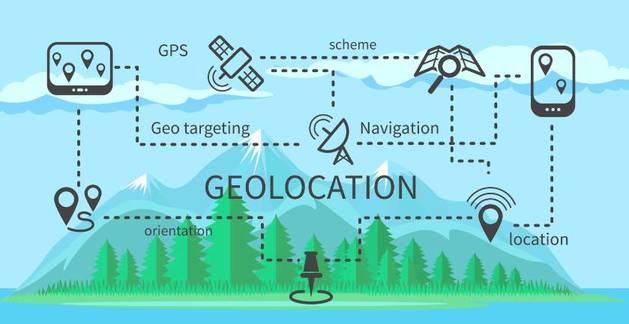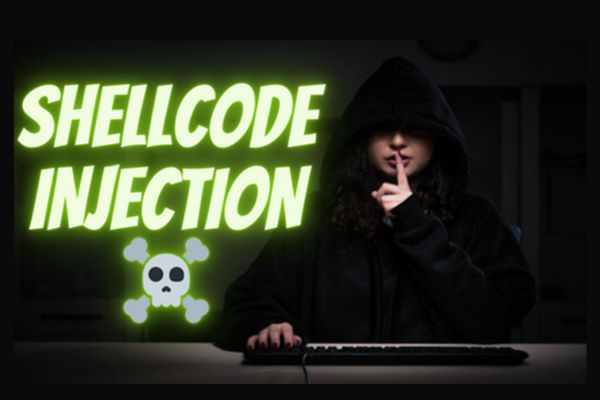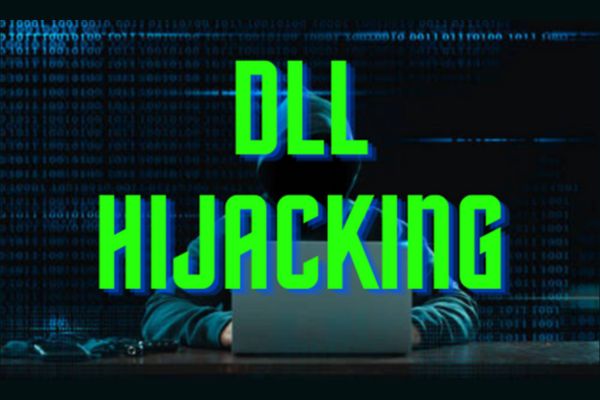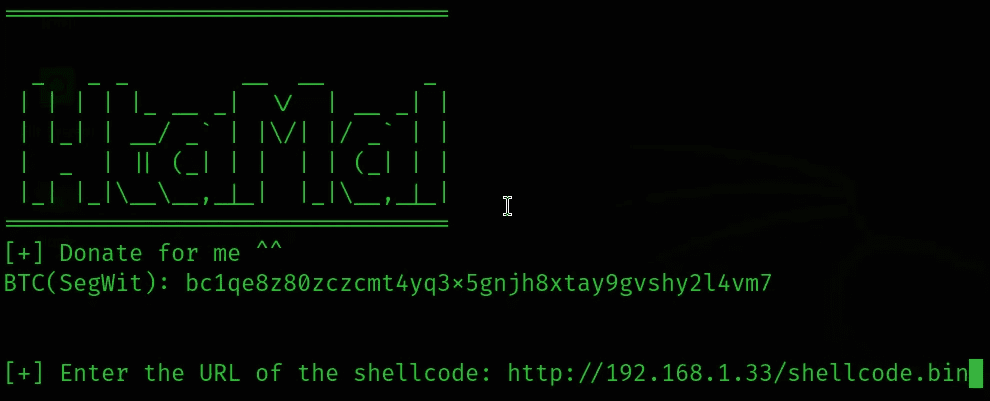We all know the internet is a really unsafe place. Wherever you go, you leave your mark there. And that trace is the device’s IP address. This makes it harder for others to discover your identity. So how does the police agency want to catch criminals when they know the IP address?
| Join the channel Telegram of the AnonyViet 👉 Link 👈 |
What is an IP address?
Before diving deeper, you need to know what an IP address really is? To put it simply, it is a sequence of numbers that identifies a computer over a network. Currently, there are two types of IP addresses in use: IPv4 and IPv6.
In addition, people also divide IP into another type Private IP and Public IP.
Private IP used in corporate or home intranets, in other words, LANs. For example, your home Wi-Fi network is private IP. It allows your PC to connect to the game server, and the router allows you to assign each device only a unique identifier.
Then your internet provider (ISP) gives you an IP address, which is Public IP and it will have one of two forms as static IP or dynamic IP.
Address static IP will not change when the router is restarted. Unless you change this address, it will never change. Servers often use static IP to fix their IP address, because a lot of software will access their server by IP instead of domain.
Still Dynamic IP is the most commonly used IP address in households or public places or. Unlike static IP, dynamic IP is changed by ISP every day or so. Dynamic IP enables easier maintenance and provisioning by ISPs.
Websites that will keep a log of your activity
Most websites keep a log of customer activity and don’t worry, these sites only want your best. If you understand a bit about the web, you can tell which third parties are using your website.
Now let’s take Facebook or Dropbox for example someone created a fake account to post illegal content.
And of course, the authorities can find out who the person is by asking the ISP for the IP address used for those activities. A subpoena is a legal instrument that can compel individuals or companies to provide evidence, often more threatening and coercive than voluntary.
Once they have an IP address, they still need more information about that individual. Again, IP addresses are for identifying computers, not people. To overcome this barrier, the investigator must first determine which ISP owns the IP address.
This is much easier than you think. Internet service providers usually own blocks and groups of IP addresses. They also stored them in public databases operated by RIRs (that region’s internet registry). There are five registries, and each is responsible for managing IP addresses in their region. So finding the ISP is merely entering that IP address into the correct database. (of America)
If you search for the keyword “IP lookup” on Google, you will find dozens of websites that help you do this. You can use the whois tool and get the following output.
In Vietnam you can also lookup the home address of an IP addressbut the error is approximate.

Your ISP also keeps a log of your activity
In the US, once you have found your ISP (Internet provider), the only thing left to do is submit an application to the court As I mentioned above, these individuals or businesses are required to provide proof. Otherwise, they could be fined or go to jail.
Authorities will require ISPs to provide IP address information such as the registrant, including name and address.
But what if the ISP uses dynamic addressing? That’s okay, because your ISP will keep a log of your activity for several months. From looking at the database, it would be easy for them to determine which subscriber was associated with the IP address at the time.
However, this does not mean that you will find the killer. For example, if the perpetrator uses public Wi-Fi to commit a crime, the authorities can only know the location of that public access. They can then do things like check the security cameras to see who was there and using the Wi-Fi at the time.
How do police work?
In the US, the use of pirated movies or software is heavily penalized. So when you find an IP address that has downloaded a pirated movie, a few days later you will receive a subpoena immediately? Why do they know your home address?
Usually, lawyers or copyright checkers will collect the IP addresses used to download pirated content. They will then subpoena the ISPs for the customer’s contact details.
Of course, anyone can access the internet anonymously using VPN or Tor Browser. Many VPN providers even claim they keep no logs of user activity, although no one has verified this yet.
A VPN connection also makes it more difficult to find the owner of the IP address. The authorities can only track an IP address provided by the VPN company. If the criminal connects to the VPN through another VPN, law enforcement will have to find a way to contact various companies to find the criminal’s details.
Tracking IP addresses is not the only way to catch criminals online. For example, Ross Ulbricht, who runs the Silk Road marketplace on dark webwas arrested after revealing his real name on a social network.










